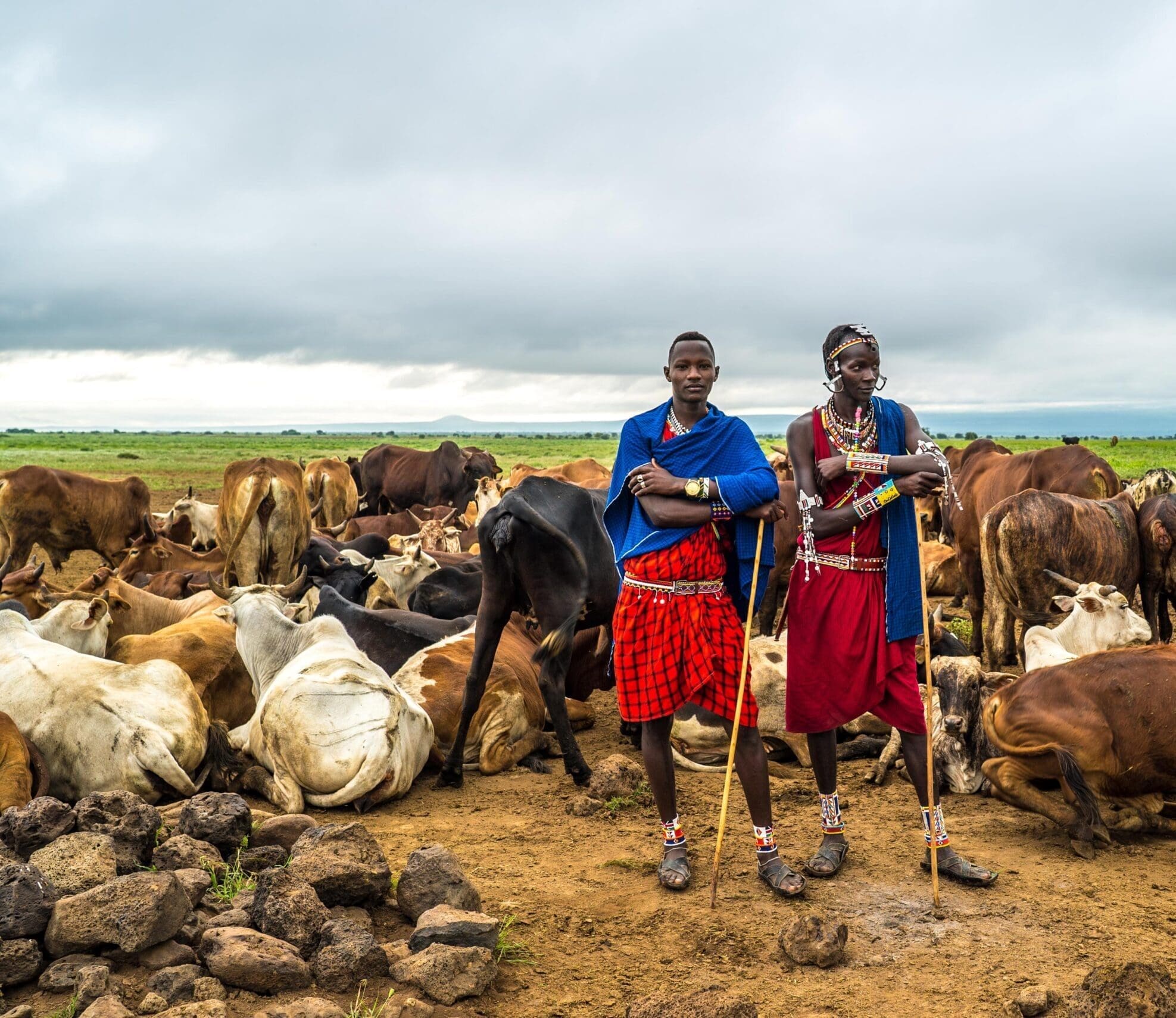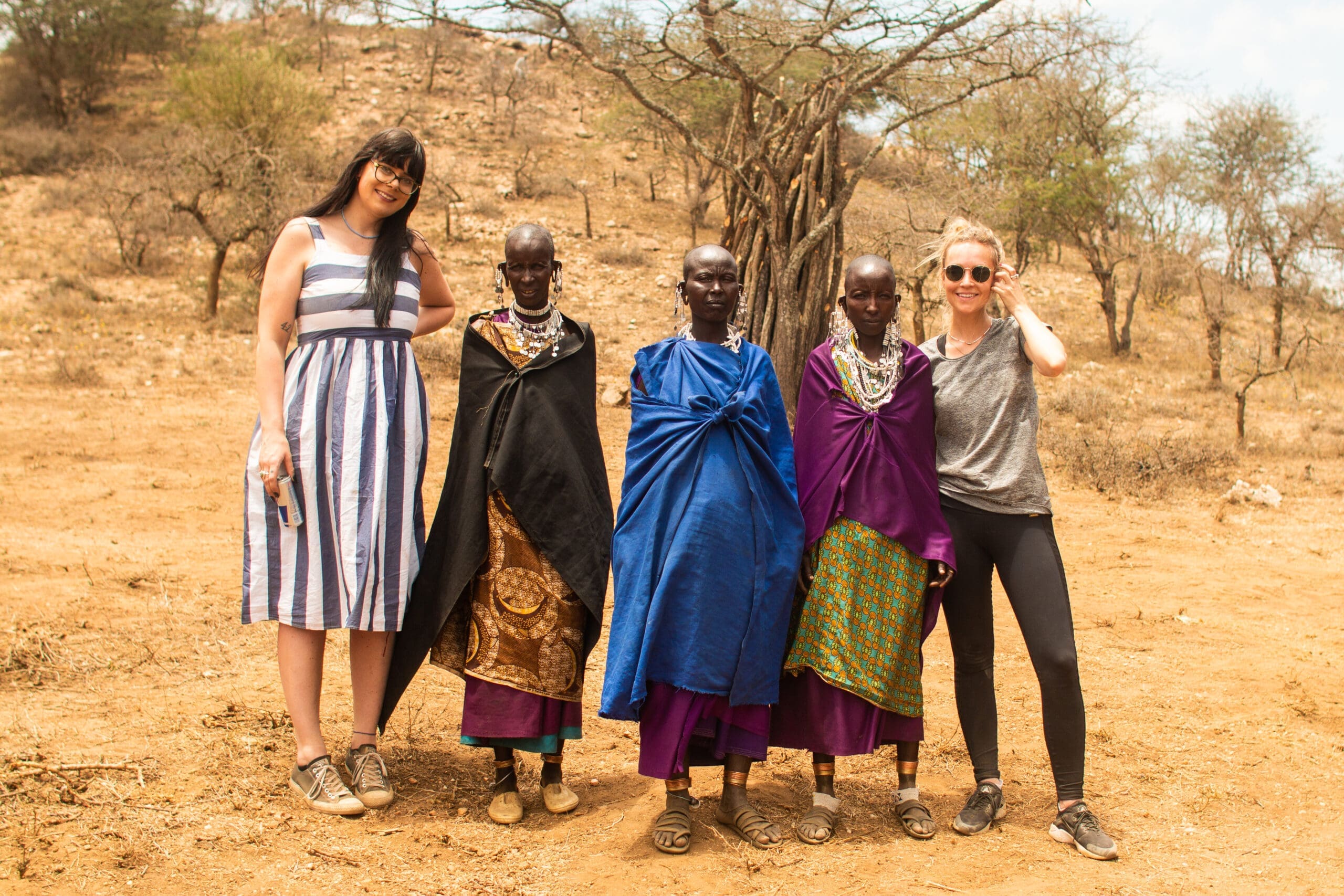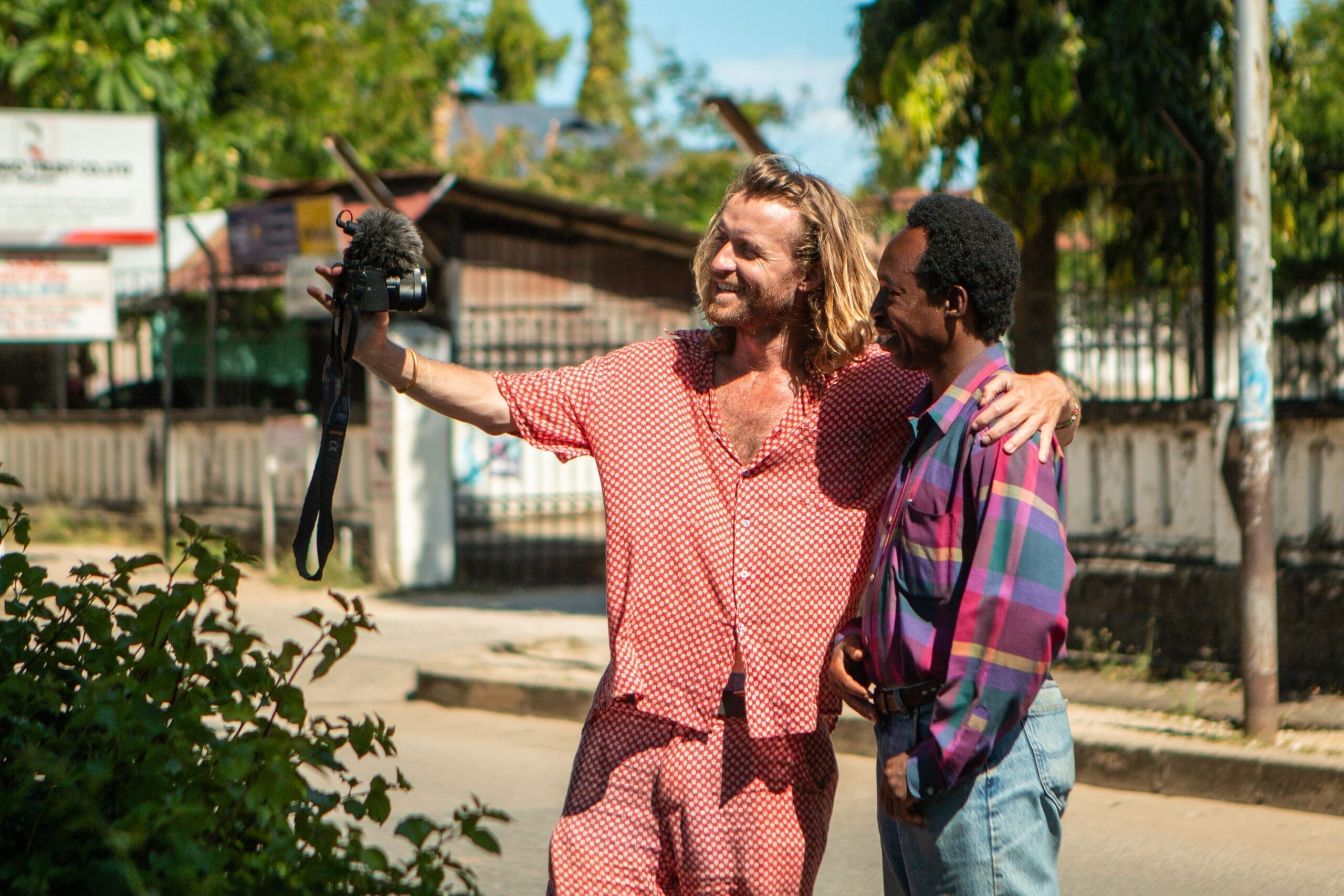Lamu Archipelago
Mystical Swahili architecture, endless beaches, quiet lagoons and lively markets. Here you step into an ancient world with a unique blend of Arab, Indian and African influences.
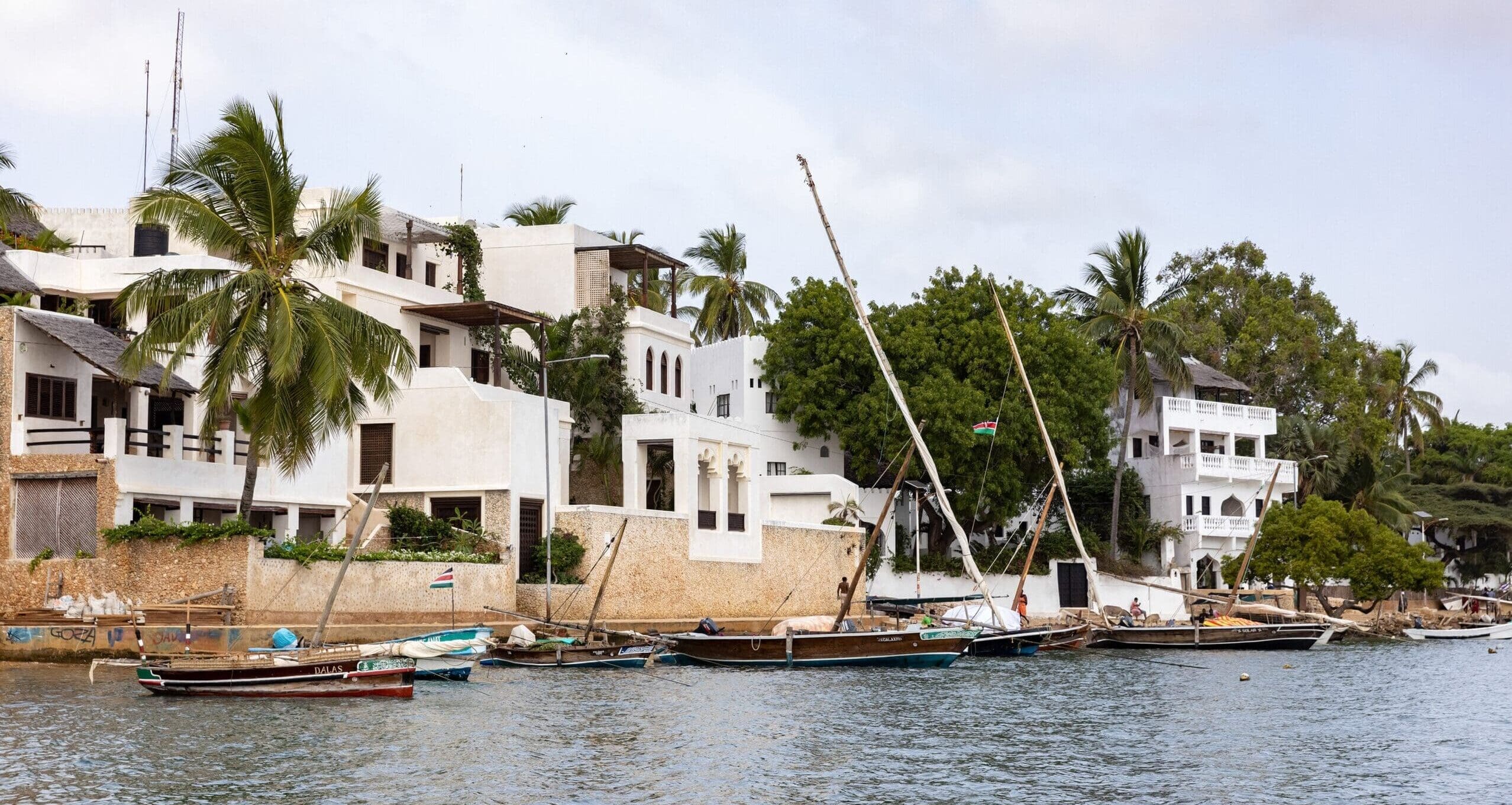
Experience the timeless charm of this coastal town
An island full of Swahili charm where time seems to stand still. Lamu sits just off the northeastern coast of Kenya and breathes tradition and mystery. Over ninety percent of the population is Muslim and you will find the historic Riyadha Mosque here, an important center of Islamic learning since the nineteenth century. The narrow alleys, tall Swahili houses and wandering donkeys pull you into another world. No car engines here, since there are no cars at all. This UNESCO World Heritage site is the oldest continuously inhabited settlement in East Africa and a true treasure for architecture lovers. Whether you are a beach lover or a history fan, Lamu has you covered. Stroll through the narrow streets of Lamu Town dodging donkeys, sail in a traditional dhow along the coast at sunset and enjoy fresh seafood right on the beach.
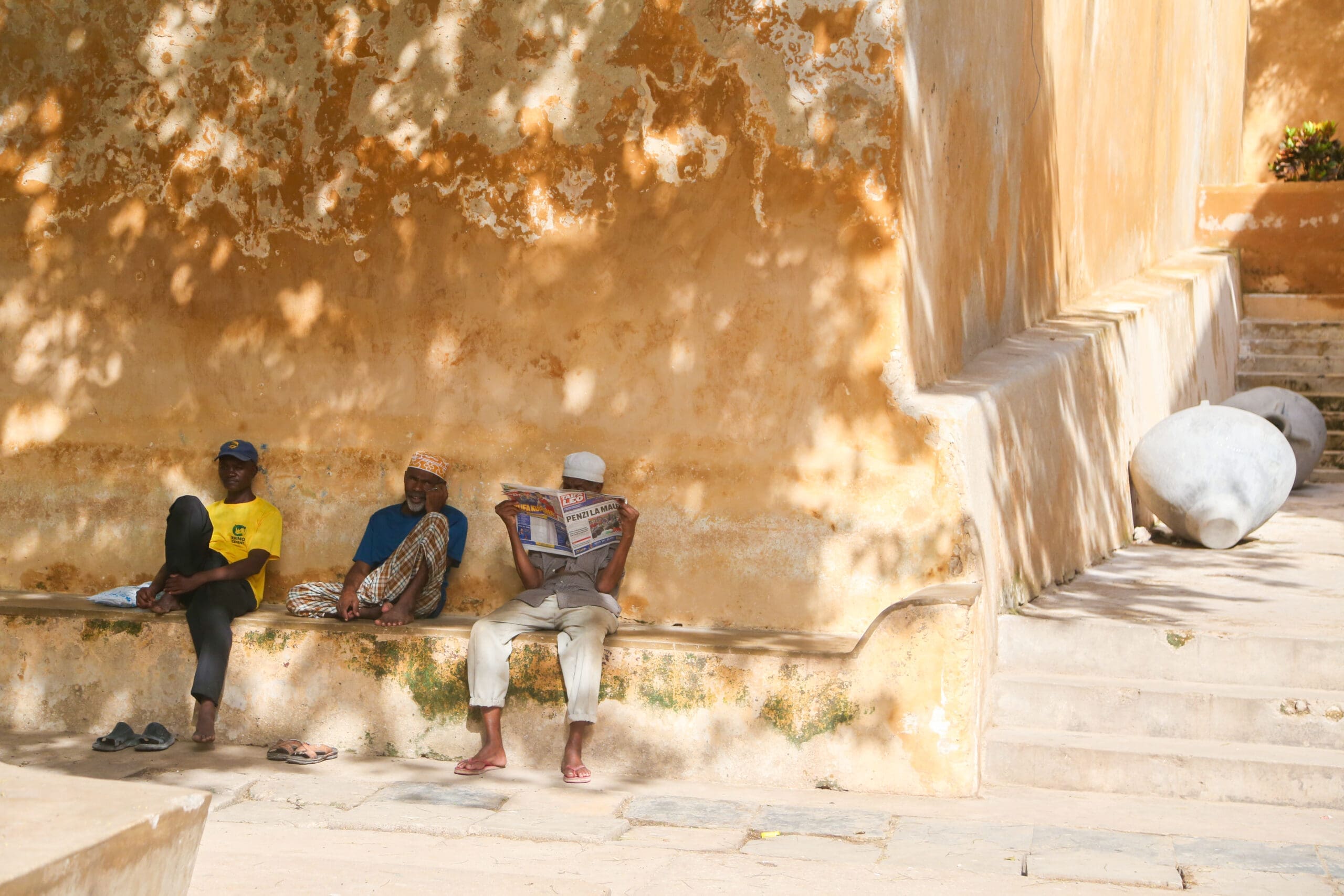
Things to do around Lamu
Lamu is all about peace and slow living, but it also offers some of the most beautiful activities you can imagine.
Sailing and snorkeling on a dhow
A dhow is a traditional sailboat that takes you along the mangroves, deserted islands and sandbanks around Lamu. Sometimes you stop on a pristine island to soak up the sun or enjoy lunch. Other times you dive into the water to explore the coral and fish below. After snorkeling you can enjoy freshly caught fish and sweet fruit prepared by your local crew. For the full experience, spend the night on the dhow and fall asleep under the stars as the waves gently rock you to sleep.
Sundowner
If you have spent the day relaxing in Lamu’s calm atmosphere, this sundowner trip is the perfect way to end it. On a traditional dhow with a drink in hand, you watch the sky turn from bright blue to deep orange, pink and purple. The trip along Manda Island takes about three hours and is ideal for a romantic evening for two or a deep conversation with friends.
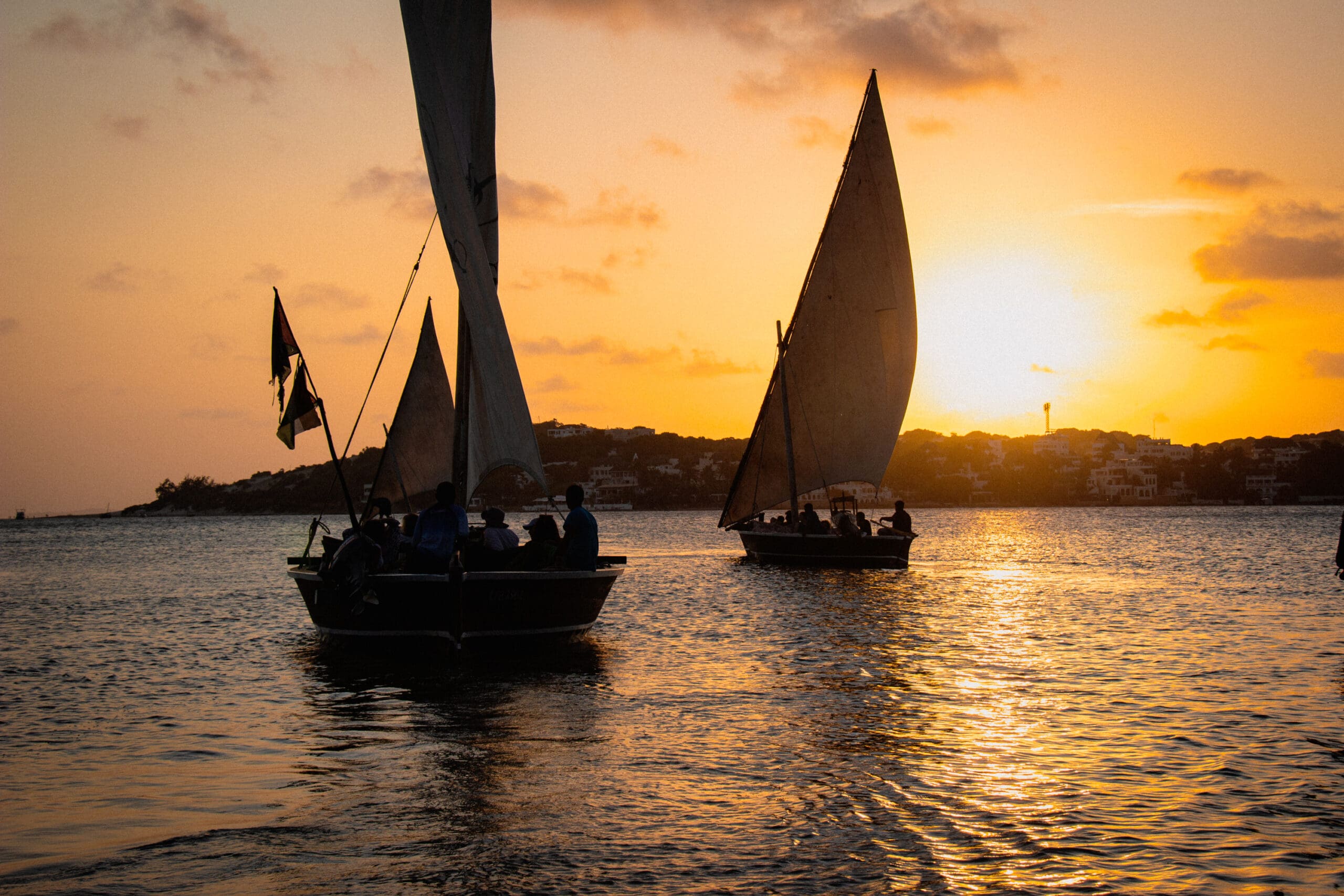
Charlie's way of travelling
Our team lives and works in Africa
We develop our own routes
Your trip is tailor-made by us
100% insured while travelling
All your burning questions about Lamu answered
What makes Lamu unique?
Lamu is a historic island that preserves its Swahili culture beautifully. Cars are not allowed here, so transport is by dhow or donkey. The vibe is peaceful, traditional and authentic.
What is Shela?
Shela is a small village near Lamu Town known for its beautiful beaches and stylish eco lodges. It is perfect for travelers looking for peace and beach time.
How do I get to Lamu?
You can fly to Lamu from Nairobi or Mombasa. From the airport you take a short boat or car ride to Lamu Town or Shela.
Is Lamu safe for travelers?
Yes, Lamu is safe, but be respectful of local culture. Avoid walking alone at night and follow local advice.
What activities can I do in Lamu?
You can visit historical sites, go on a dhow trip, try kitesurfing, join the annual Lamu Festival or wander through the narrow alleys and local markets.
What are the best beaches in Lamu and Shela?
Shela Beach is quiet and sandy, perfect for swimming and relaxing. Lamu Town also has beaches with a bit more local activity and charm.
When is the best time to visit Lamu?
The best time is between December and March or July and October when the weather is dry and sunny, ideal for exploring and relaxing outdoors.
Discover more in Kenya
Or browse through all our unique and authentic experiences
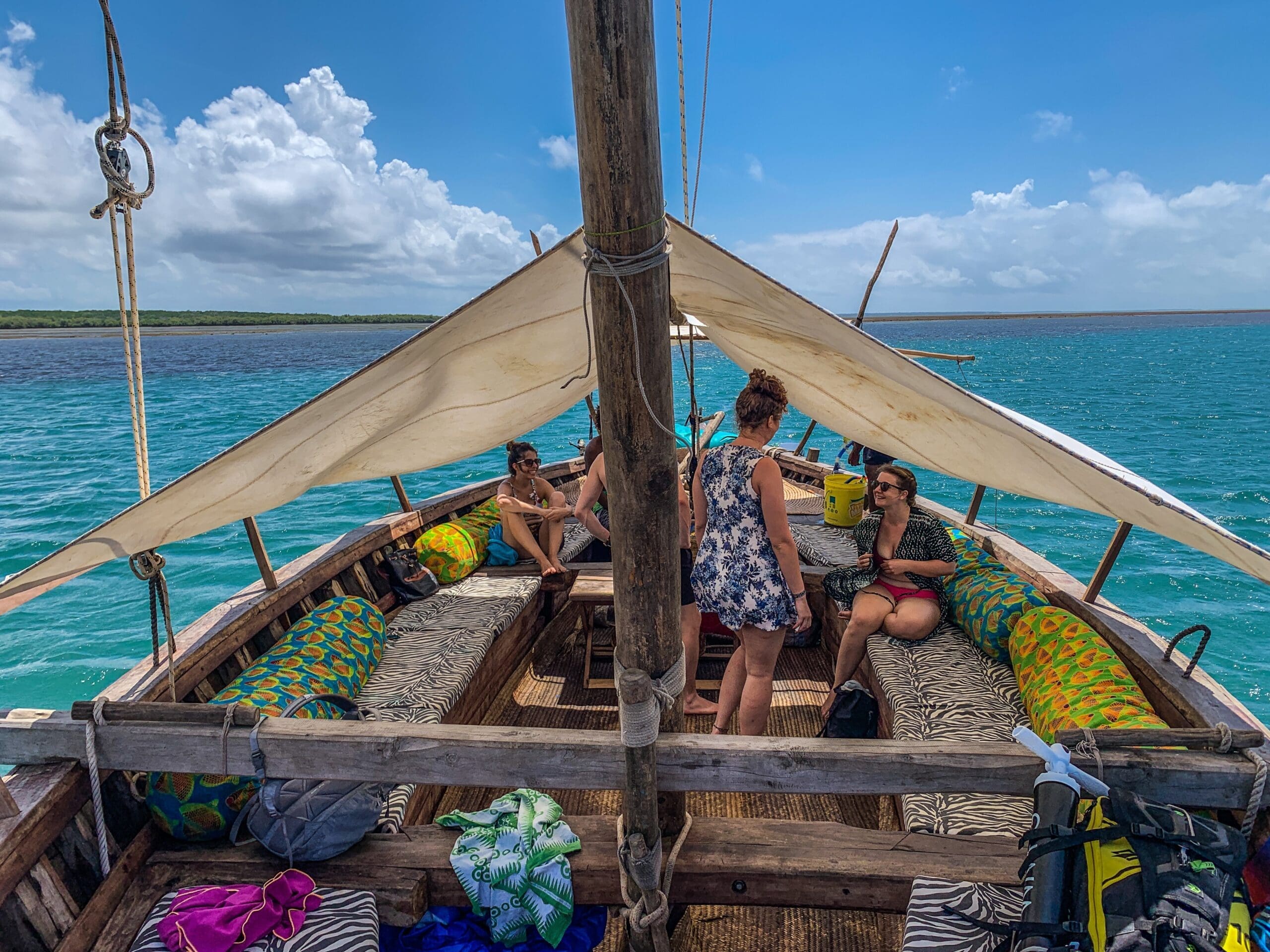
The Kenyan coast
There's only one rule: you don't have to do anything but enjoy the sun, sea, and life at its slowest. This oasis of tranquility is the perfect place to unwind.
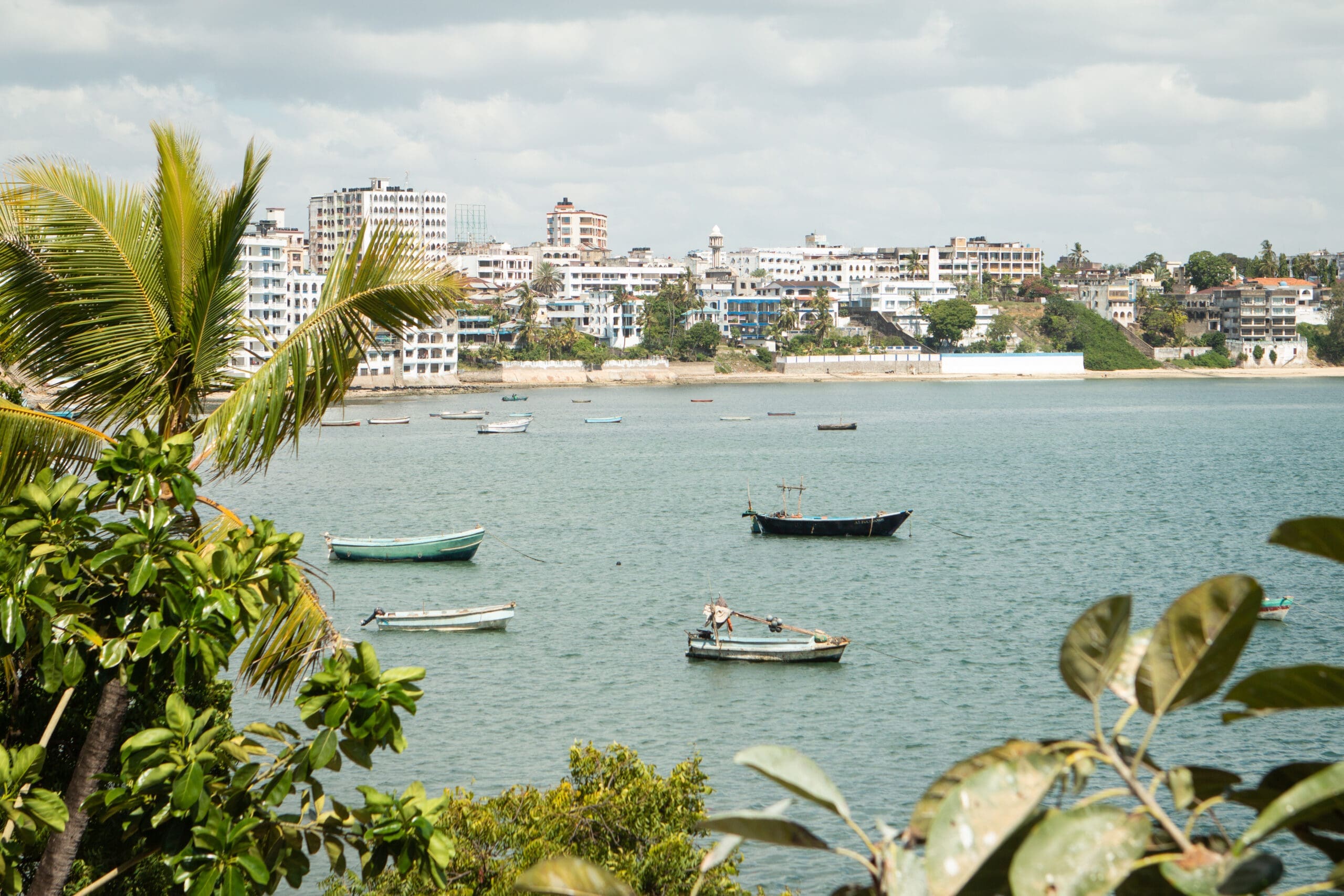
Mombasa
In this easily accessible city on the coast of Kenya, our local partners will teach you the secrets of Kenyan cuisine.
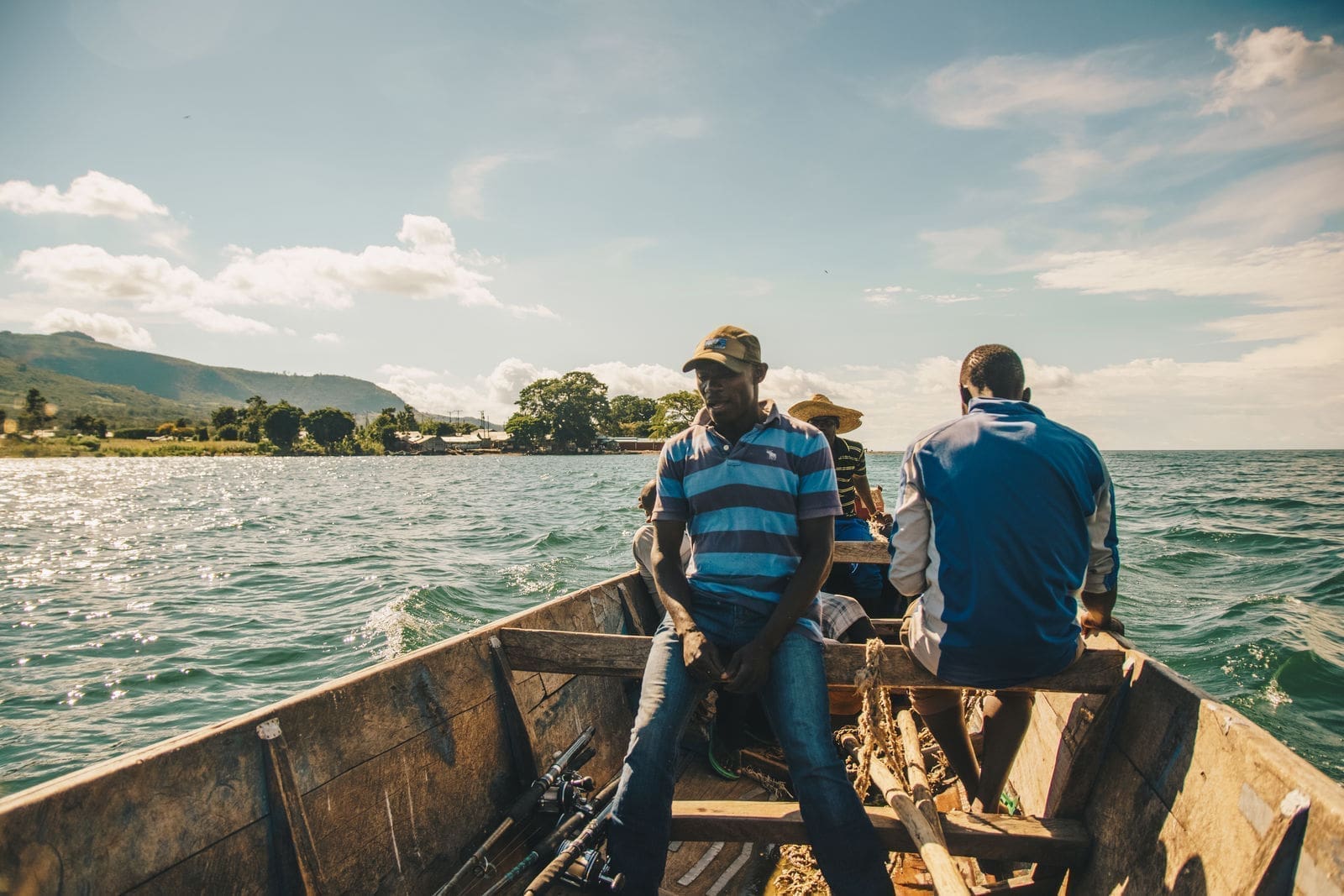
An African with Asian eyes
There is a rich history about Asians and Africa, we are happy to explain it to you briefly and concisely.

Need travel advice? Ask our Africa experts
Hungry for the unknown? Our Africa experts have the answers to your burning questions.
